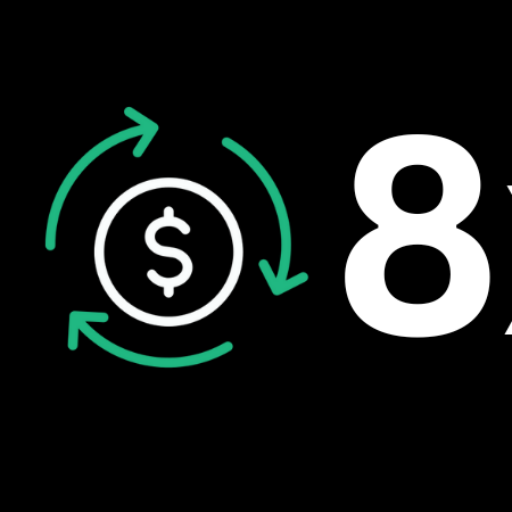The Chinese porridge shop is a story told by an American journalist who interviewed a Chinese porridge shop owner as part of a business model survey. The journalist asked the shop owner what he did before selling porridge, and the shop owner proudly replied, “My ancestors sold porridge, my grandfather sold porridge, my father sold porridge, and now I sell porridge. It’s a tradition passed down through generations.”
“Wow, that’s quite a legacy,” the journalist remarked. “But how long has this shop been open?”
“Well, we don’t count years, we count generations,” the shop owner replied. “My ancestors started this business from Guangzhou. Now we have two shops in Saigon, three in the US, and four in Australia. When someone in the family succeeds, they become a manager, but what about you?”
“If I succeed, I’ll still let my child run the shop,” the shop owner replied. “But don’t you want your child to go to school?”
“Of course, I do,” he said. “One child has a master’s degree in porridge business, another is defending their doctoral dissertation on rice in the kitchen at Harvard University in the US. But where do they end up? Becoming the boss? No, they come back home to wash dishes for their father.”
“Do you call your customers kings or gods?” the journalist asked.
“It doesn’t matter what you call them, what matters is how you treat them,” the shop owner replied. “Legend has it that many Chinese billionaires started by selling roasted peanuts. Is that true?”
“No, in the early days, it was just a few boxes, not a crate,” the shop owner chuckled.
“You have a lot of money, why do you dress so casually?” the journalist asked.
“The people who come here are mostly ordinary folks, they’ll feel more comfortable if they see the shop owner dressed like them,” the shop owner explained.
“Why do many Chinese choose to do food business?” the curious journalist asked.
“It’s simple,” the shop owner said. “Because the food business serves people’s stomachs, if you serve the mind, it will cause more trouble.”
“You sell porridge with offal and liver, why do you eat plain porridge with pickled vegetables?” the journalist asked curiously.
“If I eat more than my capacity, sooner or later, I’ll end up in the porridge pot,” the shop owner laughed.
“I guess you don’t borrow much from the bank, do you?” the journalist assumed.
“The bank has money, but they don’t have a formula to lend it,” the shop owner joked.
“Now, I want a bowl of porridge but I don’t have money, can I pay you back tomorrow?” the journalist asked.
“Of course, not tomorrow, but in 2 years. But what will the interest rate be?” the shop owner replied.
Two years later, the journalist returned to the porridge shop and met the shop owner, who was now over 70 years old. “Hello, I’ve come to pay for the bowl of porridge I ate two years ago, do you remember?” the journalist asked.
“I remember, thank you for coming back,” the shop owner said warmly.
“You still remember that?” the surprised journalist asked.
“Making customers remember us is difficult, so I have to remember them even harder, but the shop has done that,” the shop owner explained.
“Has anything changed in your shop?” the journalist asked.
“Nothing has changed, just like other shops in the US, in Australia, if they still exist,” the shop owner replied. “If they don’t, then nothing has changed either.”
“Why not?” the puzzled journalist asked.
“They’ve disappeared,” the shop owner said simply.
“Why is that? Your child doesn’t cook porridge in those places anymore?” the journalist asked.
“I’m weak now, my child has to come back here to cook porridge for me,” the shop owner said.
“But you said, your ancestors cooked porridge, your grandfather cooked porridge, your father cooked porridge, you cooked porridge, your child, even with a Ph.D., cooks porridge, and now they’re cooking porridge. An eighth porridge only takes half an hour and earns a dollar each time, your grandchildren said they could also cook porridge, they cook porridge with their phones, and every time they cook, they make millions. So, do you want to take money for the bowl of porridge I ate two years ago?” the journalist asked.
“Thank you, I’ll take it,” the shop owner replied. “My child and I have our own way of making money, and we’ll stick to it.”

